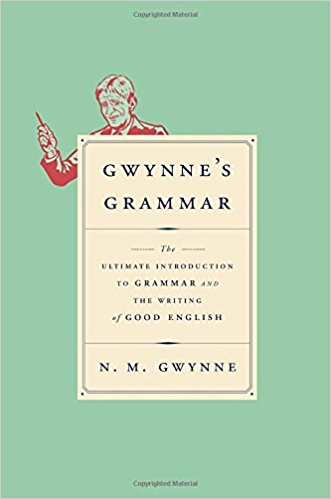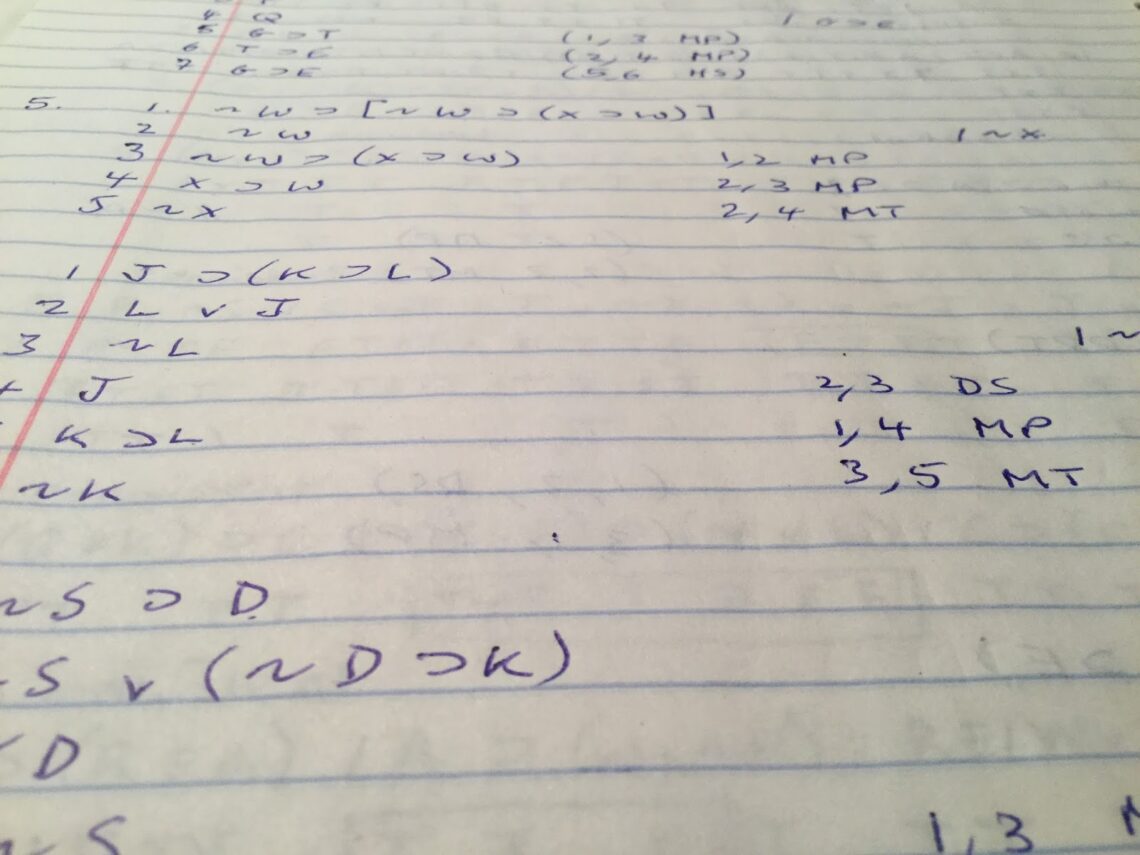According to the CCSSO teacher of the year, Sydney Chaffee, education is a matter of social activism. Teachers are to be facilitators, “thought partners” who let students “grapple with complex, hard issues” without “necessarily giving them the right answers.” Students are not formed, informed, or reformed by teachers; instead “students make choices” and the aim of the school is to “encourage students to articulate their own opinions, not to coerce them into agreeing with us.” It is the students who do the forming; teachers merely help them get where they want to go. Here is her vision: “School has to be bigger. It has to mean more than ‘I teach…
-
- Epistemology, History of Ideas, Philosophical Theology, Philosophy of Education, Philosophy of Language, Philosophy of Linguistics
Classical Education: Loving the Rock of Reality
“Why Latin? Why Logic? Why only ‘great’ books?” Such are the questions levied at the classicist. They are good questions, but the best answers are not found in pragmatics, a list of the benefits of a classical education. Instead, the reason anyone ultimately prefers a classical approach to education is that she holds to a classical worldview. I say ‘ultimately’ because pragmatic answers don’t count for nothing. One cannot help using them in class to garner support for Latin verb endings. “Throughout history, the best authors were great Latinists” I said the other day. I had in mind one student whose mother had told me that she would like to…
-
Grammar and Normativity
In Chapter 2 of Gwynne’s Grammar, Nevile Gwynne claims that happiness is partly dependent upon good grammar: “If we don’t use words rightly, we shall not think rightly” “If we do not think rightly, we cannot reliably decide rightly, because good decisions depend on accurate thinking” “If we do not decide rightly, we shall make a mess of our lives and also of other people’s lives to the extent that we have an influence on other people” “If we make a mess of our lives, we shall make ourselves and other people unhappy” Therefore, “Happiness depends at least partly on good grammar” Premise (1) suggests that good grammar is the…
-
A Defense of Dispensers
I recently heard a talk about teaching in which a teacher was characterized as someone who pours out information into the minds of students. According to the speaker, this is not a good model for education. In recent years, the idea of a teacher as a dispenser of knowledge to students has become a pariah in education. This is true not only in progressivist circles but also among some classical educators. It has become so easy to dismiss the idea of a teacher-centered educational model that no argument is needed. In fact, one can dismiss it merely by describing it. So, let me offer a defense of the dispenser. Educational…
-
Why I Teach Logic to Children
I teach formal logic to middle schoolers. This comes as a surprise to many people since formal logic is usually first encountered at college (if it is encountered at all). However, the more I teach logic, the more convinced I am that we should be teaching formal logic to our children especially during the middle school years. Not everyone agrees with me. Some suggest that formal logic is much too advanced for children of this age. Others suggest that logic is only important for certain subjects and not necessary for everyone to learn. Let’s start with the latter objection: why should everyone learn formal logic? Surely logic is useful for…
-
Snowflakes and the Origin of Language
According to Chomsky, nothing has happened to language in about 50,000 years. Take any child from any place from any time within the last 50,000 years and put him in a family in Boston in 2017 and he will grow up speaking like a Bostonian. Prior to 50,000 years ago, there was no such thing as language. Something happened in a small space of time that gave us language. Some rewiring of the brain occurred and gave rise to a mechanism. The mechanism is like a snowflake – it is the way it is because nature produces it that way. In the same way a snowflake is need of no…
-
What is the Nature of Christian Classical Education?
Christian classical education is on the rise in the United States. But what is it? In what follows, I will attempt a sketch of the context of our present educational project, the assumptions of education in the classical period, and how such assumptions fit with a Christian educational model. I hope to demonstrate that a Christian classical school begins with a starting point not only in the hopes of a parent, but the reality of God’s creation and his intentions for our lives lived within it. A Reaction to Pragmatism Perhaps the best way at this topic is a brief sketch of educational theory that removed any vestiges of the…
-
Make America Trust Again
This election season has produced a lack of trust. This is especially true in the media. In a recent article in WaPo a journalist complained to Alberto Ibargüen, president of the John S. and James L. Knight Foundation, “that we no longer have trusted sources in our 21st century, social-media environment.” Ibargüen’s repose is telling: “How can there be,” he asked, “until we figure out … how to decide what a trusted source is?” What I want to suggest is that we need to re-build an atmosphere of trust. There are two virtues involved in doing so. The first is perhaps quite trivial in principle but we seem to be…



